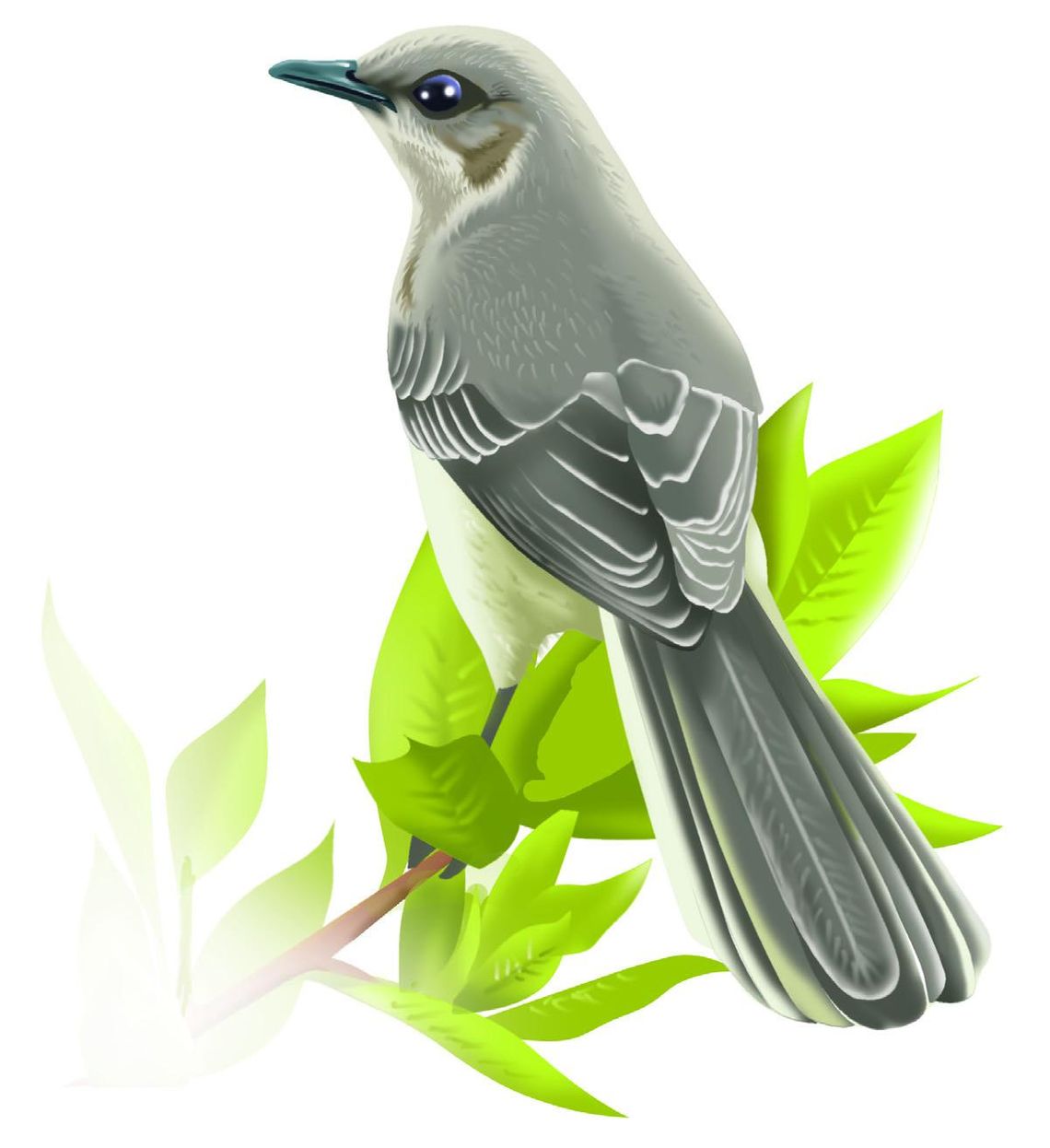A group of women is responsible for Texas naming the northern mockingbird as its state bird.
It happened back in November 1926, when the 50,000-member Texas Federation of Women’s Clubs nominated the bird to represent Texas. The Texas legislature agreed with the women and adopted a resolution unanimously declaring that the mockingbird “is found in all parts of the state, in winter and in summer, in the city and in the country, on the prairie and in the woods and hills, and it is a singer of distinctive type, fighting for the protection of its home, falling, if need be, in its defense, like any true Texan.”
Evidently, other states shared this enthusiasm, for the “many-tongue mimic,” because Mississippi, Tennessee, Arkansas and Florida subsequently made it their state bird as well.
The northern mockingbird is indeed found throughout Texas and ranges from southern Canada down to Mexico and the West Indies.
This time of year, when insects and berries may be in short supply, mockingbirds may split up into individual bird territories, but will generally join their mates come spring.
Fiercely aggressive and territorial, mockingbirds will defend their eggs and young and will not hesitate to take on larger birds, including hawks and owls.
Not a colorful bird, being mostly dull gray with white outer tail feathers and white wing patches, this bird is about 10 inches long. It makes up for its lack of color with its magnificent vocal talents. It has been called “the lark and the nightingale in one,” and back colonial times, Indians called the bird “concontalala,” or “four hundred tongues.”
It has been known to reproduce 39 bird songs, 50 bird calls and the sounds of a frog and a cricket.
Plus such notable sounds as the beep-beep-beep of a backhoe in reverse and a referee’s whistle at a football game.
During the winter, mockingbirds often have a non-musical call note that is short, low-pitched and buzzy. But still, if you hear a squeaky door or a car alarm, you might wonder if you’ve been visited by our mischievous, marvelous state bird.



